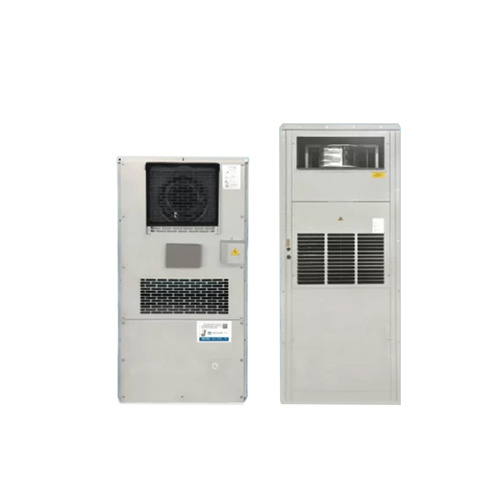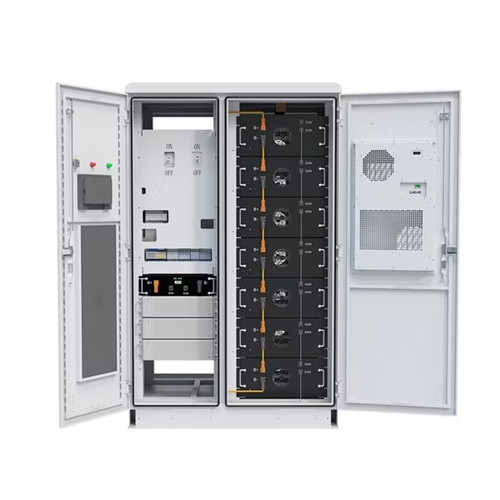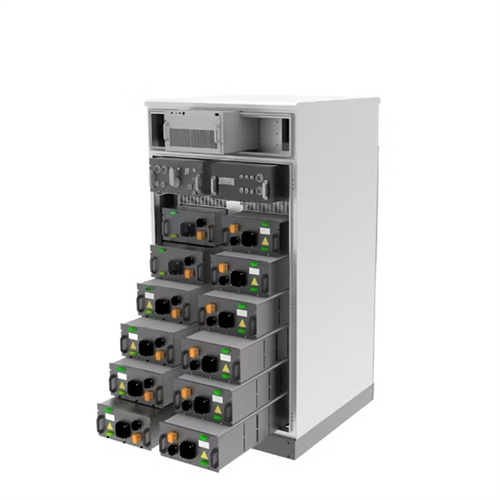
During peak power consumption, the energy storage system can convert the stored DC power into AC power through the inverter and release it to the power grid, thus reducing the power pressure during the peak period; during low power consumption, the excess power from the grid can be converted by the inverter and then stored in the batteries for use in future peaks.
Contact online >>
Yes, you can recycle lithium-ion batteries, but they require special handling. Take them to certified recycling centers, electronics retailers with battery takeback programs, or hazardous waste collection sites. Avoid throwing them in the trash, as they pose fire risks and contain harmful chemicals.
Contact online >>
Felicity 7.5kWh Lithium Battery – Compact yet powerful, perfect for smaller solar applications. Explore competitive prices and read customer reviews to understand why Felicity lithium batteries are a top choice for energy storage solutions in Lebanon. Whether you’re looking for high-capacity or compact batteries, our range offers the .
Contact online >>
As the world increasingly swaps fossil fuel power for emissions-free electrification, batteries are becoming a vital storage tool to facilitate the energy transition. Lithium-Ion batteries first appeared commercially in the early 1990s and are now the go-to choice to power everything from mobile phones to electric vehicles and drones.
Contact online >>
A 4.8 kW solar system can produce around 400-500 kWh per month1. A 7.5 kW DC system working an average of 5 hours per day, 365 days a year, can produce 10,950 kWh in a year2. On average, 1 watt of solar panel rated power will produce 4 watt-hours (Wh) of energy with an average irradiance of 4 peak-sun-hours/day3. The precise amount of energy produced depends on the location irradiance3.
Contact online >>
Power factor is an important consideration for solar inverters123:It determines how effectively the inverter converts DC power from solar panels into AC power for the grid or load1.A higher power factor indicates more efficient conversion, leading to higher system efficiency and lower energy costs1.A low power factor can result in energy waste, increased costs, and reduced efficiency3.
Contact online >>
A battery energy storage system (BESS) or battery storage power station is a type of technology that uses a group of to store . Battery storage is the fastest responding on , and it is used to stabilise those grids, as battery storage can transition from standby to full power in under a second to deal with .
Contact online >>
In principle, power storage is relatively small scaled but with high cycle efficiency, which is defined as the ratio of the whole electric power output to the input, and relatively fast response. Its typical power capacity is 0.1–10 MW, and the discharging time at the rated power is from seconds to no more than 1 h.
Contact online >>
The real-time balance of reactive power based on reactive power compensation is critical to power systems' safe and stable operation. The energy storage converter has a four-quadrant operation function that allows it to output or absorbs reactive and active power simultaneously. It has the function of frequency and voltage regulation.
Contact online >>
If anything happens in these regions, a stable supply of energy for Japan will be jeopardized. In order to secure a stable supply in such an emergency, Japan holds oil stocks equivalent to approximately 230 days of its domestic demand and diversifies the regions it imports from.
Contact online >>
The world shipped 43.9 GWh of energy storage batteries in the first quarter of 2023. Shipping 14 GWh, CATL topped the spot as the leading battery manufacturer but saw a slight decrease in market share due to market volatility. BYD, REPT, and EVE Energy held the second to fourth positions each with a shipment volume of over 3 GWh.
Contact online >>
Thermal energy storage (TES) is the storage of for later reuse. Employing widely different technologies, it allows surplus thermal energy to be stored for hours, days, or months. Scale both of storage and use vary from small to large – from individual processes to district, town, or region. Usage examples are the balancing of energy demand between daytime and nighttim.
Contact online >>
A battery energy storage system (BESS) or battery storage power station is a type of technology that uses a group of to store . Battery storage is the fastest responding on , and it is used to stabilise those grids, as battery storage can transition from standby to full power in under a second to deal with .
Contact online >>
Wind power is the use of energy to generate useful work. Historically, wind power was used by , and , but today it is mostly used to generate electricity. This article deals only with wind power for electricity generation. Today, wind power is generated almost completely with , generally grouped into and connected to the .
Contact online >>
One promising technology is sodium batteries, which use sodium hydroxide, or caustic soda, as their precursor rather than lithium hydroxide. Caustic soda is a highly versatile material used to manufacture a wide variety of products including paper, textiles, detergents, metals, and even lithium batteries.
Contact online >>
A battery energy storage system (BESS) or battery storage power station is a type of technology that uses a group of to store . Battery storage is the fastest responding on , and it is used to stabilise those grids, as battery storage can transition from standby to full power in under a second to deal with .
Contact online >>
A battery energy storage system (BESS) or battery storage power station is a type of technology that uses a group of to store . Battery storage is the fastest responding on , and it is used to stabilise those grids, as battery storage can transition from standby to full power in under a second to deal with .
Contact online >>
Cost Composition of Electrochemical Energy Storage Power Station1. Construction cost . 2. Charging cost . 3. Operation labor costs . 4. Operation and maintenance costs . 5. Utility power cost for energy storage . 6. Replacement of energy storage battery and equipment cost . 7. Assessment cost . 8. Disposal costs . 更多项目
Contact online >>
The following list includes a variety of types of energy storage: • Fossil fuel storage• Mechanical • Electrical, electromagnetic • Biological Power batteries are mainly used to provide power for electric vehicles, focusing on power density and charging/discharging rate; energy storage batteries are mainly used to store electrical energy and release it when needed, focusing on energy density and capacity.
Contact online >>
The different kinds of thermal energy storage can be divided into three separate categories: sensible heat, latent heat, and thermo-chemical heat storage. Each of these has different advantages and disadvantages that determine their applications. Sensible heat storage (SHS) is the most straightforward method. It simply means the temperature of some medium is either increased or decreased. This type of storage is the most commerciall.
Contact online >>Enter your inquiry details, We will reply you in 24 hours.